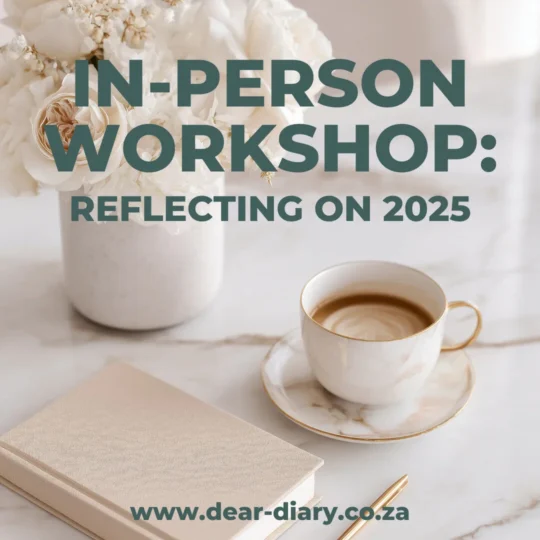Start by performing a 15-minute walkthrough of your home to identify the three biggest problem areas where you constantly misplace items like keys or TV remotes. Focus on these pain points rather than tackling everything at once—you’ll avoid overwhelm and see immediate results. Next, designate specific homes for frequently used items using simple storage solutions like bins or baskets. For planning, choose either a digital or paper-based system that includes monthly planning features and habit trackers to coordinate your organisational projects. The key is starting small with manageable spaces like one drawer whilst building sustainable systems that adjust to your changing needs and smaller living spaces—and there’s much more strategic understanding ahead.
While scrolling through social media feeds filled with pristine pantries and colour-coordinated wardrobes, you’ve probably felt that familiar pang of home organisation envy. You’re not alone in this struggle. With many South Africans reporting they feel overwhelmed by clutter and the average home containing thousands of items, getting organised has become more vital than ever.
Starting your organisation journey begins with understanding why you’re drowning in stuff. Today’s South African homes often feature limited storage space, whilst you’re likely accumulating possessions faster than you’re letting them go.
We’re accumulating possessions faster than we’re letting them go, creating clutter chaos in our limited storage spaces.
Your first step should be performing a clutter audit. Walk through each room and identify your biggest pain points. Are you constantly searching for keys, TV remotes, or glasses – the top items South Africans misplace?
Focus on these problem areas first rather than attempting to tackle everything at once. The average person spends over 6 months of their lifetime searching for misplaced items, making organisation a worthwhile investment in your time and sanity.
Next, establish designated homes for frequently used items. This means creating specific spots where things always return after use.
When selecting organisational products, prioritise modular systems that adapt to your changing needs. Look for shelves, bins, and baskets that can be reconfigured as your life evolves. With many South African families living in smaller spaces, flexibility in your storage solutions isn’t just smart – it’s essential. Custom storage solutions and modular DIY units are amongst the top products driving growth in today’s home organisation market.
Don’t overlook your planner system, which serves as your organisational command centre. A comprehensive planner with monthly planning features helps coordinate your organisational projects across weeks and months. An effective planner should include habit trackers to monitor your organisational progress and maintain consistency in your decluttering routines.
Whether digital or paper-based, your planner should integrate seamlessly with your physical organisation efforts. Schedule regular decluttering sessions, track organisational goals, and note which systems work best for your lifestyle. This approach helps maintain consistency across all areas of your home. A well-designed digital planner can serve as a paperless solution that reduces clutter whilst enhancing your organisational efficiency. Consider investing in attendance registers or class organisational tools if you’re managing multiple household members or family schedules.
Consider embracing technology to enhance your efforts. Smart storage solutions are emerging as valuable tools for busy South African households.
Start small with one drawer or single shelf. For women balancing work, family, and self-care, incorporating daily gratitude prompts into your organisational routine can enhance your mindset and motivation throughout the decluttering process. Success breeds motivation, and you’ll build momentum by completing manageable projects. The global home organisation market is experiencing significant growth, with experts projecting 5.4% annual growth as more people recognise the importance of organised living spaces. The U.S. market alone is experiencing exponential development between 2023 and 2028, reflecting a worldwide trend towards organised living.
Remember that organisation isn’t about perfection – it’s about creating systems that work for your specific lifestyle. Focus on sustainable, durable products available locally that’ll serve you long-term. The key is beginning with intention, maintaining consistency, and adjusting your approach as you discover what truly works for your unique South African home situation.
Frequently Asked Questions
How Long Does It Typically Take to Organise an Entire Home?
You’ll need 2-6 months to organise your entire home, depending on your decision-making speed and available time. Professional organisers can complete it faster, but most homeowners require several weekends of focussed effort.
What Should I Do With Sentimental Items I Can’t Decide About?
Create a designated “maybe” box for undecided sentimental items and set a six-month review date. You’ll gain emotional distance and clarity, making it easier to decide what truly deserves permanent space in your home.
How Often Should I Review and Update My Planner System?
You should review your planner weekly to maintain momentum and prevent task backlog. Schedule fortnightly adjustments during lighter periods, plus quarterly explorations to assess system effectiveness and modify processes to your changing priorities.
What’s the Best Way to Get Family Members to Maintain Organisation?
Start with regular family meetings to assign age-appropriate tasks and create visual cues like colour-coded chore charts. You’ll build ownership by involving everyone in decisions and offering rewards for consistent participation.
Should I Organise My Home First or Set up My Planner First?
Start with your planner first. You’ll create the structured scheduling and time-blocking needed to tackle home organisation systematically. Your planner becomes the roadmap that prevents overwhelming yourself during decluttering sessions.





